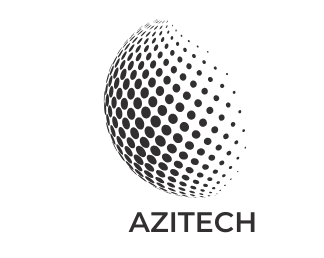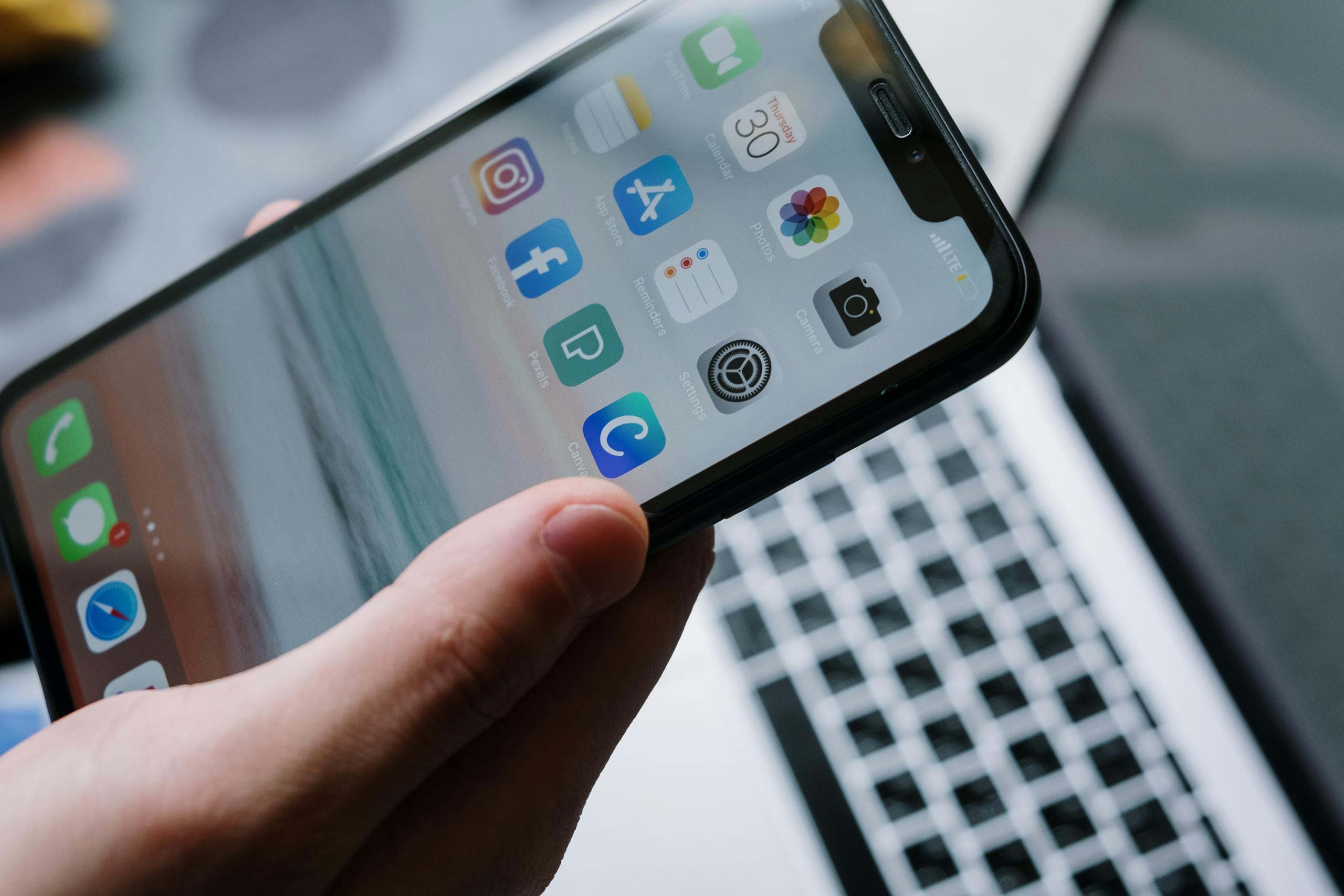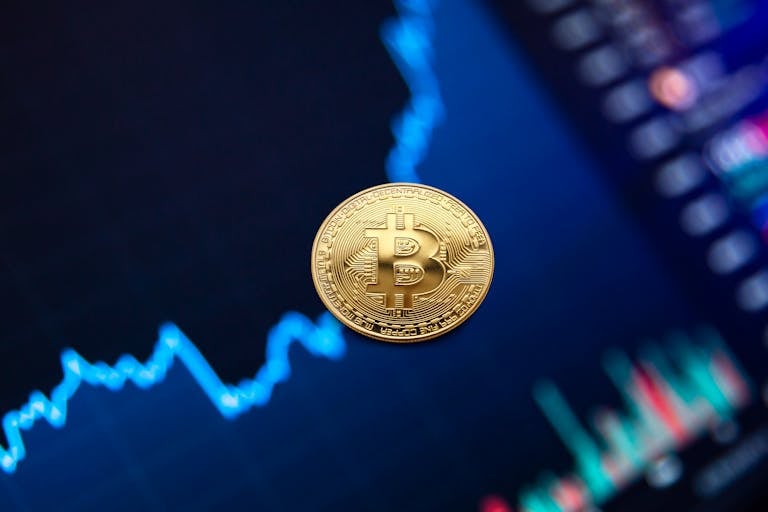What are blockchain apps and how to develop one?
Blockchain is a technology that stores data in a way that makes it hard or impossible to change, exploit, or deceive the system.
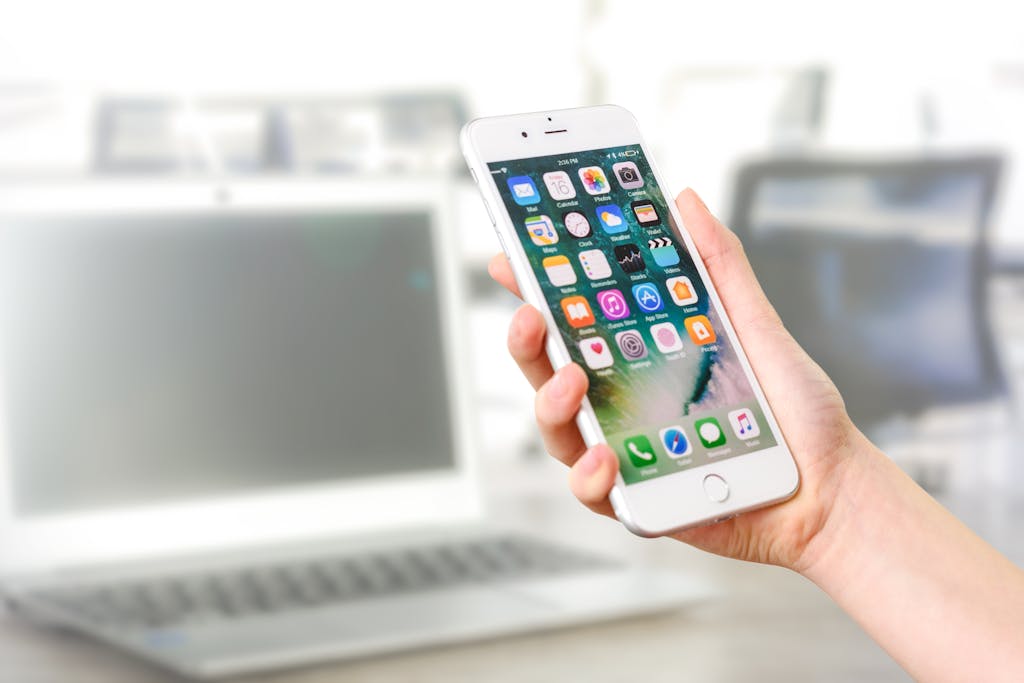
In essence, blockchain is a distributed digital log of transactions that is duplicated throughout a network of computer systems. Many transactions can be found in each block of the chain, and each time a new transaction takes place on the blockchain, a record of it is added to each participant’s ledger. Distributed ledger technology is the management of a decentralised database by numerous individuals.
What is a Blockchain App or DApp?
Decentralised applications are known as DApps. Blockchain eliminates the need for a server to function as a middleman when users exchange data, messages, or money. This creates a plethora of opportunities for numerous industries. Blockchain application development is therefore important for a wide range of industries.
Each participant in a blockchain network serves as both a user and a mini-server, transferring and validating data. Let’s go over blockchain technology in more detail.
Blockchain App Market Overview
Blockchain applications still have a large market to grow in. Most mobile users are not familiar with blockchain technology and simply have a hazy understanding of it. Like all significant new technologies, it will become impossible for people to fathom life without it in a few years.
Blockchain is sure to follow suit, and its advantages won’t go ignored. For financial gain, numerous companies are already developing blockchain applications and integrating them with their current infrastructure.
Blockchain WalletBlockchain technology in action
Wallet Blockchain
One digital wallet that users can use to store and manage Bitcoin, Ether, and other cryptocurrencies is called a blockchain wallet. The wallet service provided by Blockchain, a software startup founded by Peter Smith and Nicolas Cary, is also referred to as Blockchain Wallet. With blockchain wallets, users may send and receive cryptocurrencies and exchange them for their local money.
How do blockchain applications work?
Before delving into DApp operations, it is necessary to understand blockchain technology.
Blockchain is a peer-to-peer network where all data is shared and stored in blocks in chronological order. This implies that any event that takes place within a blockchain network—like a transaction or data exchange—is visible to all participants in the network and is documented on each person’s device.
It is very difficult to breach the blockchain and steal data since these data blocks are saved on the chain and cannot be removed after the data has been uploaded.
Setting up a blockchain requires several gigabytes to many terabytes of storage space, and because mobile devices don’t have that much space, DApps normally only run on sections of the chain.
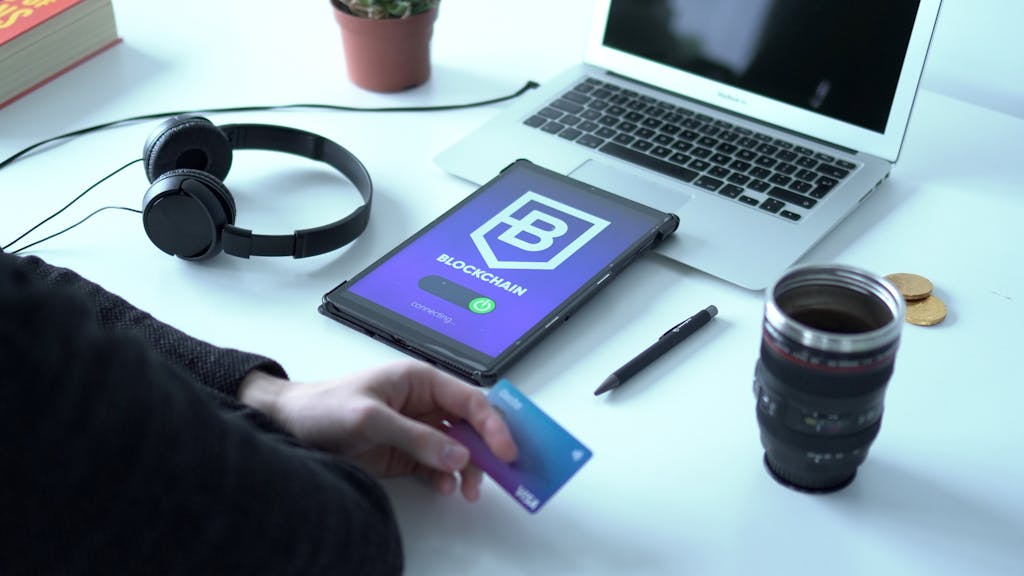
There are two forms of blockchains, depending on the kind of network.
Any device can access a permissionless blockchain, which is available to all network users. Any user can connect with other users, view the code, confirm transactions, and maintain their anonymity. For instance, Bitcoin is permissionless.
Only those with permission are able to participate in a permissioned blockchain. Each user has privileges and a role. A permissioned blockchain is a network of rules that governs transactions among its participants. This kind of blockchain is perfect for running internal activities of a company.
Blockchain technology in action
These are a few of the most intriguing applications of blockchain technology across many industries that may inspire the development of your own blockchain application.
- Spotify — Spotify tunes, artists, and licence agreements are connected decentralised
by a blockchain database.
- Warranteer is a retailer that leverages blockchain technology to give customers access to product details and support in the event that a product malfunctions.
- Blockchain by IBM — One of the greatest blockchain applications for logistics firms and enterprises with extensive supply chains, it allows you to monitor the state and condition of each product at every turn, from the point of manufacturing to the point of distribution. Blockchain technology offers total record transparency and real-time tracking of the position and state of every component.
- A blockchain application for healthcare, MedRec gives several providers and actors—doctor, patient, hospital, pharmacy, and insurance company—secure access to medical records.
- Securrency: A platform for trading cryptocurrencies of all kinds, as well as traditional assets that may be exchanged for security tokens.
Benefits of Blockchain Apps
These are a few of the most intriguing applications of blockchain technology across many industries that may inspire the development of your own blockchain application.
- Spotify — Spotify tunes, artists, and licence agreements are connected decentralised by a blockchain database.
- Warranteer is a retailer that leverages blockchain technology to give customers access to product details and support in the event that a product malfunctions.
- Blockchain by IBM — One of the greatest blockchain applications for logistics firms and enterprises with extensive supply chains, it allows you to monitor the state and condition of each product at every turn, from the point of manufacturing to the point of distribution. Blockchain technology offers total record transparency and real-time tracking of the position and state of every component.
- A blockchain application for healthcare, MedRec gives several providers and actors—doctor, patient, hospital, pharmacy, and insurance company—secure access to medical records.
- Securrency: A platform for trading cryptocurrencies of all kinds, as well as traditional assets that may be exchanged for security tokens.
Benefits of Blockchain Apps
Why have blockchain applications become so well-liked? They are safe and anonymous, as we’ve already explained, but that’s not all.
- Public Verification: Every user has access to see whether the system is operating correctly. Peer users of the blockchain known as validators verify each transaction.
- Transparency: Other network users must validate any changes made to data or transactions. Although not all participants have access to the data, each networked device always has a copy of it.
- Privacy: All transactions and interactions between members of the network are anonymous, despite the fact that blockchain is a decentralised system with a high degree of openness.
- Integrity: Blockchain ensures that information cannot be changed.
What are the benefits of blockchain apps?
Simple exchanges. Although many banks work hard to offer mobile services, there are occasions when fees, exchange rates, and refused transactions make the transaction process less than ideal. This isn’t the case with DApps. Setting up a blockchain wallet only takes five minutes, after which customers can begin making fee-free cryptocurrency purchases.
Fantastic experience exchanging cryptocurrencies. Due to the speedy response to price fluctuations, purchasing and selling cryptocurrencies through a mobile app is more convenient. Although the bitcoin market is extremely unpredictable, there is a lot of room for expansion. Apps for exchanging cryptocurrencies are popular as a result.
Major Industries for Daps
These are the top five areas for blockchain technology applications, according to stateofthedapps.com.
Playing gamesExchange Wallets Finance GamblingPropertyMedical Music SectorE – IoT Startups in Mobility.
How to Integrate DApps into Your Business
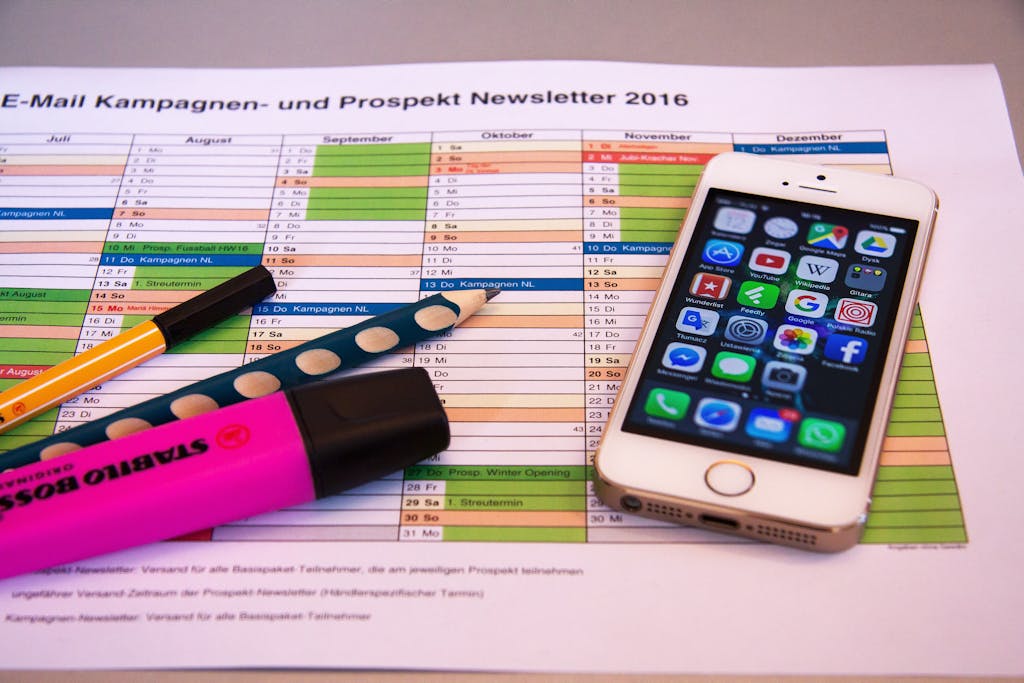
Thus far, we have explored the advantages of decentralized blockchain applications and examined a basic design for creating a Dap. However, what is the process of utilizing such software?
We’ll talk about using blockchain to optimise your digital business operations, boost revenue, and enhance security once you build your own blockchain application.
Exchanges. While conventional payment gateways are excellent, you may integrate blockchain technology into your app to provide quick, safe, and simple cryptocurrency transactions if your intended user base is familiar with cryptocurrencies.
Chain of Supply Management. A supply chain is made up of several interactions between various parties. A fantastic instrument to track each of these stages may be blockchain.
Verification. Blockchain can be the best choice if you require a safe instrument for operational management or internal communication. Blockchain provides unmatched security and restricts access to just those who are allowed. With your own permissioned blockchain, the access levels are under your control.
cloud-based storage. Decentralized cloud storage can also benefit from the use of blockchain applications. To give your consumers quick and easy storage, you can use blockchain technology into your app in place of cloud storage.
